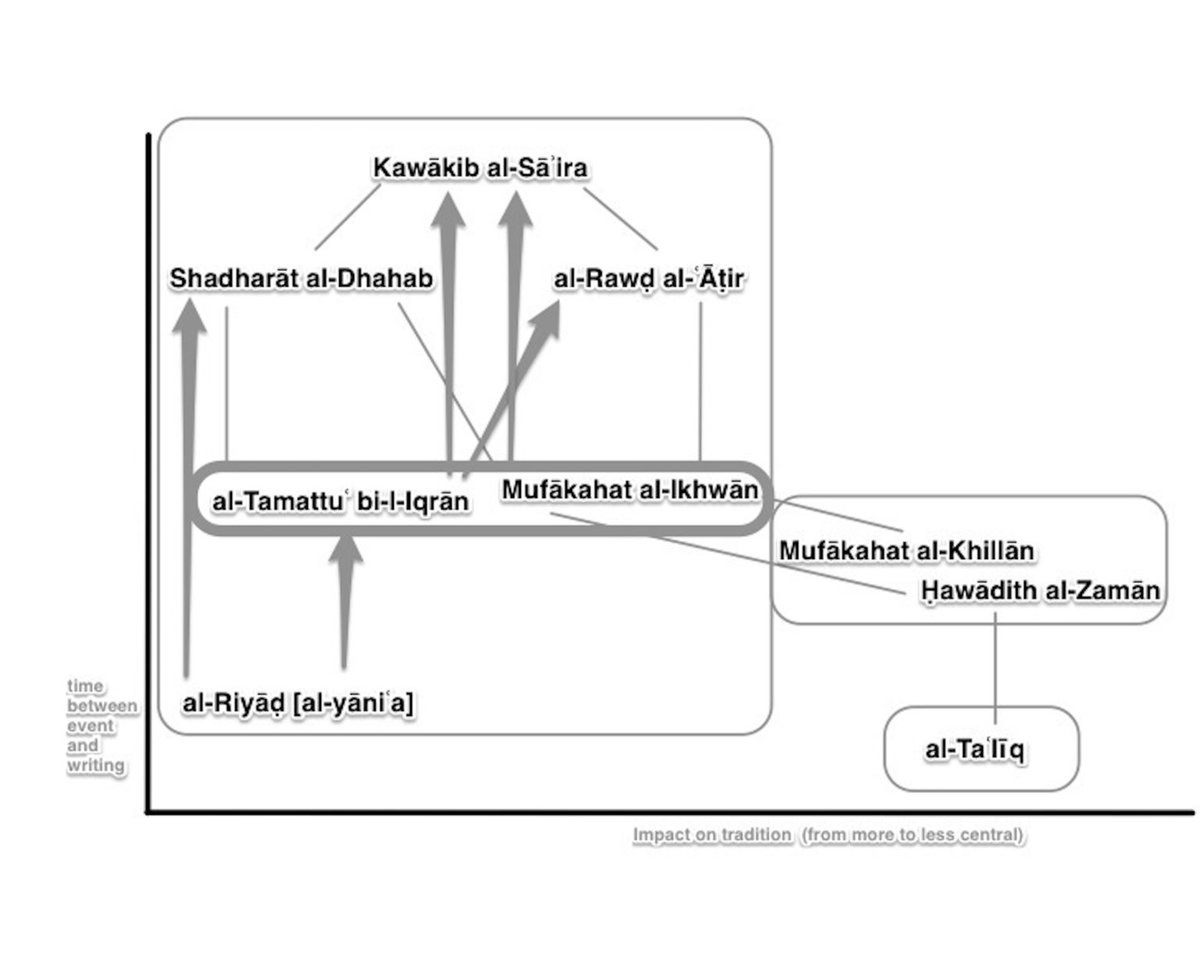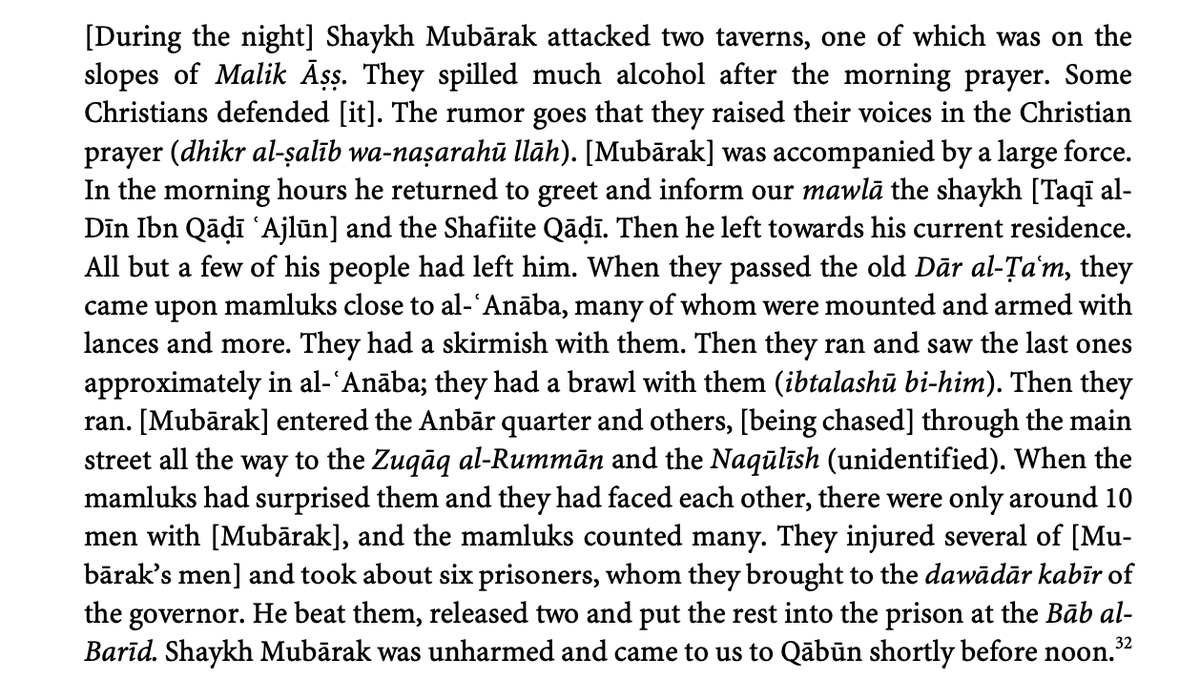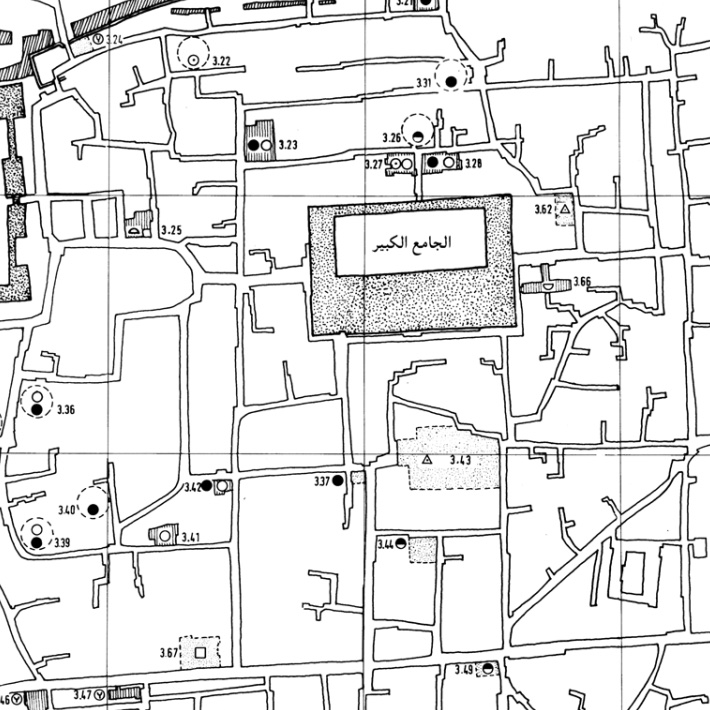This is my last day here, and I don& #39;t know how you are feeling, but it just doesn& #39;t feel right to me to go on as if people are not out there risking their lives to stand up for their rights and against an inhumane system. I am sad and angry. #BlackLivesMatter  https://abs.twimg.com/hashflags... draggable="false" alt=""> #antiracism ~tw 1/
https://abs.twimg.com/hashflags... draggable="false" alt=""> #antiracism ~tw 1/
But what can I add to the conversation, sitting comfortably in the sun as I am writing? Well, I certainly can point you to @danyaqato who addresses anti-Blackness in different Muslim communities. https://twitter.com/danyaqato/status/1266853065296142345?s=20
~tw">https://twitter.com/danyaqato... 2/
~tw">https://twitter.com/danyaqato... 2/
Or provide you with advice about how to act/react in the face of racism against people who are not you.~tw 3/
https://twitter.com/ISASaxonists/status/1266454267067580417?s=20">https://twitter.com/ISASaxoni... https://twitter.com/stuffiamdoing/status/1266106380349575170?s=20">https://twitter.com/stuffiamd...
https://twitter.com/ISASaxonists/status/1266454267067580417?s=20">https://twitter.com/ISASaxoni... https://twitter.com/stuffiamdoing/status/1266106380349575170?s=20">https://twitter.com/stuffiamd...
And finally, in my last original thread of this week, we will talk about how one Black leader shaped events in Mamluk Damascus. On blackness and medieval race "theories", read this 2019-thread from @Tweetistorian.~tw 4/ https://twitter.com/Tweetistorian/status/1187055091309637632?s=20">https://twitter.com/Tweetisto...
I concentrate on this person: Mubārak b. ʿAbd Allāh al-Ḥabashī al-Dimashqī then al-Qābūnī al-Shāfiʿī. The graph shows the written tradition on him, spanning works from the late 1500s to the early 1700s. More on that can be found in this blog post.~tw 5/
https://thecamel.hypotheses.org/2082 ">https://thecamel.hypotheses.org/2082"...
https://thecamel.hypotheses.org/2082 ">https://thecamel.hypotheses.org/2082"...
From that coverage, we can gather Mubārak had an impact in Damascus. And it is important to highlight that a black man was impactful in Mamluk Damascus because too often, black people are only acknowledged in the medieval Arab world as enslaved domestic servants or concubines. 6/
Not only did Mubārak receive his own zāwiya (Sufi convent) and a quasi-hagiographic treatment in biographies, he is also remembered for leading popular resistance against an unjust regime. From what we know, he attacked property, not people, and spoke truth to power.~tw 7/
The Mamluks did rule, often with an iron fist, but they too claimed they were there "to serve and protect" their (Muslim) subjects. Yet, as we see today, they too mostly protected their own special and economic interests. And they formed mob-like structures within each town.~tw 8
Just like Al Capone in the 1920s, the Damascene Mamluk amirs in the 1400s filled their pockets from the alcohol trade. And yes, they knew it was illegal because they had deliveries made at night time! Some jurists at the time argued that some drinking is fine as long as you do...
it quietly in your own house. Your house, your castle! But the amirs wanted business, so they also opened up taverns, and those were raucous places, as Ibn Ṭawq repeatedly complains in his journal (and to one amir who lived in his neighborhood).~tw 10/
In fact, that amir had a fight with his son who allegedly ran that tavern, the father drawing steel and the son a bow-and-arrow. That kind of drinking led to violence among the Mamluks and against other people. As Carl Petry or Boaz Shoshan have shown, investigations into ... ~tw
crimes committed by Mamluks against civilians rarely led to a conviction (sounds familiar?). So what could one do against the rich and powerful and privileged sticking together like this?~tw 11/ https://twitter.com/S_Insley_H/status/1266905357219172359?s=20">https://twitter.com/S_Insley_...
@aaolomi is entirely correct! The Muslim counterpart to #NoJusticeNoPeaceProsecuteThePolice is "al-Amr bi-l-maʿrūf wa-nahy ʿan al-munkar" or "Commanding Right and Forbidding Wrong!". Malika Dekkiche has shown that this phrase was more important in ...~tw https://twitter.com/aaolomi/status/1266913476066390020?s=20">https://twitter.com/aaolomi/s...
...the official Mamluk "state" discourse than Jihād in the 1400s to justify their rule. It was also taken up to different degrees of activism by civilians. It& #39;s religious language but I argue it lends itself to other fights as well, e.g. social struggle.
https://knowledge.uchicago.edu/record/967 ">https://knowledge.uchicago.edu/record/96...
https://knowledge.uchicago.edu/record/967 ">https://knowledge.uchicago.edu/record/96...
Mubārak looms large in fighting Mamluks protecting other Mamluks from justice. He was not alone in this but for much about the 1490s, he was the unequivocal leader of the protests. What did those protests look like?~tw 14/
For the most parts, Mubārak would set upon the alcohol traders, spilling the *khamr*, destroying the vessels, confiscating pack animals, attacking taverns. In the process, they had skirmishes with the Mamluks ( https://thecamel.hypotheses.org/2082 ).~tw">https://thecamel.hypotheses.org/2082"... 15/
In retribution, the Mamluks tried to arrest Mubārak& #39;s followers. If by sheer luck or because he had popular support (see below), they did not arrest him until one day in 1494. Still, their approach was brute force just like that of police in many places today, although... ~tw 16/
...there was a clear alternative available, as the Shafiʿi shaykh al-islam pointed out:
"The governor would save us the trouble if he [just] proclaimed an end to the places of vice (maḥramāt) and the taverns. Then neither Mubārak nor anyone else would do a thing."~tw 17/
"The governor would save us the trouble if he [just] proclaimed an end to the places of vice (maḥramāt) and the taverns. Then neither Mubārak nor anyone else would do a thing."~tw 17/
As the current protests, Mubārak& #39;s more hands-on actions were needed because the authorities would not listen to anything else. Thus, in Ramaḍān 899/1494, the situation escalated further. Who escalated it? Not Mubārak, I tell you! ~tw 18/
[You can read the 4 full accounts in the book chapter linked above.]
As Ibn Ṭawq tells it, Mubārak and 3 companions were walking by a madrasa, when an amir started a dispute with him. He then sent his Mamluks after them to arrest them. One could escape. Another could escape...
As Ibn Ṭawq tells it, Mubārak and 3 companions were walking by a madrasa, when an amir started a dispute with him. He then sent his Mamluks after them to arrest them. One could escape. Another could escape...
...at a later point. Good for him because Mubārak and the remaining man were first "beaten severely" and then put into prison at the Barīd Gate next to the Umayyad Mosque. Ibn Ṭawq: "He was in much pain from the beating; we ask God for His forgiveness and for our wellbeing" ~tw
First, help was on the way for Mubārak. The men that could flee roused the Shāfiʿī shaykh al-islām who fetched the Shāfiʿī chief judge, and together they freed Mubārak after sunset, on the condition "not to carry weapons" anymore. Too little too late though.
~tw 21/
~tw 21/
The worst was to come on the following day. Mubārak had retired to his house in the village of Qābūn to tend to his injuries but returned to the city the next day. According to Ibn Ṭawq, he came to thank the shaykh al-islām and went straight to his house. ~tw 22/
We continue this in a second thread here: https://twitter.com/HistorianofIran/status/1267066770545938432?s=20">https://twitter.com/Historian...
And in a third thread here: https://twitter.com/HistorianofIran/status/1267079444935725057?s=20">https://twitter.com/Historian...

 Read on Twitter
Read on Twitter




